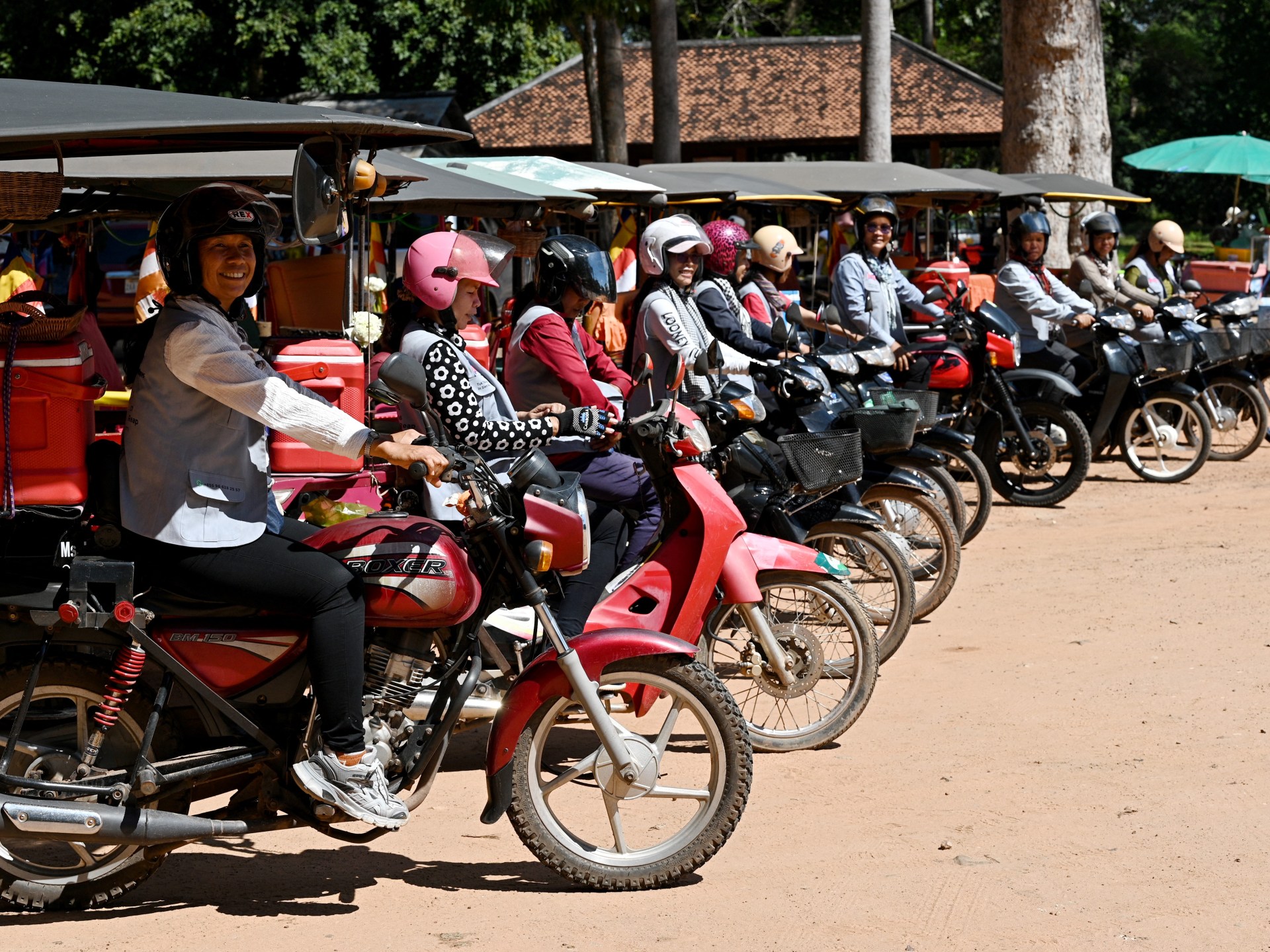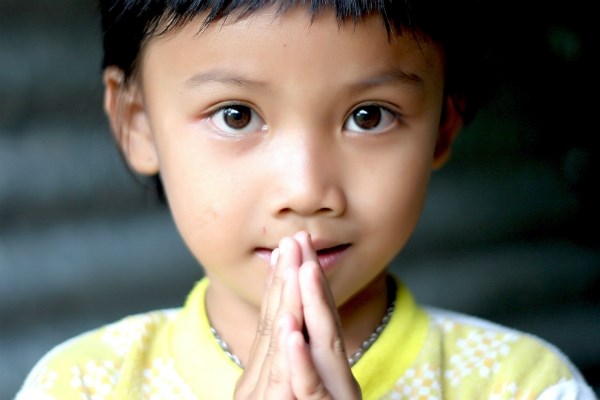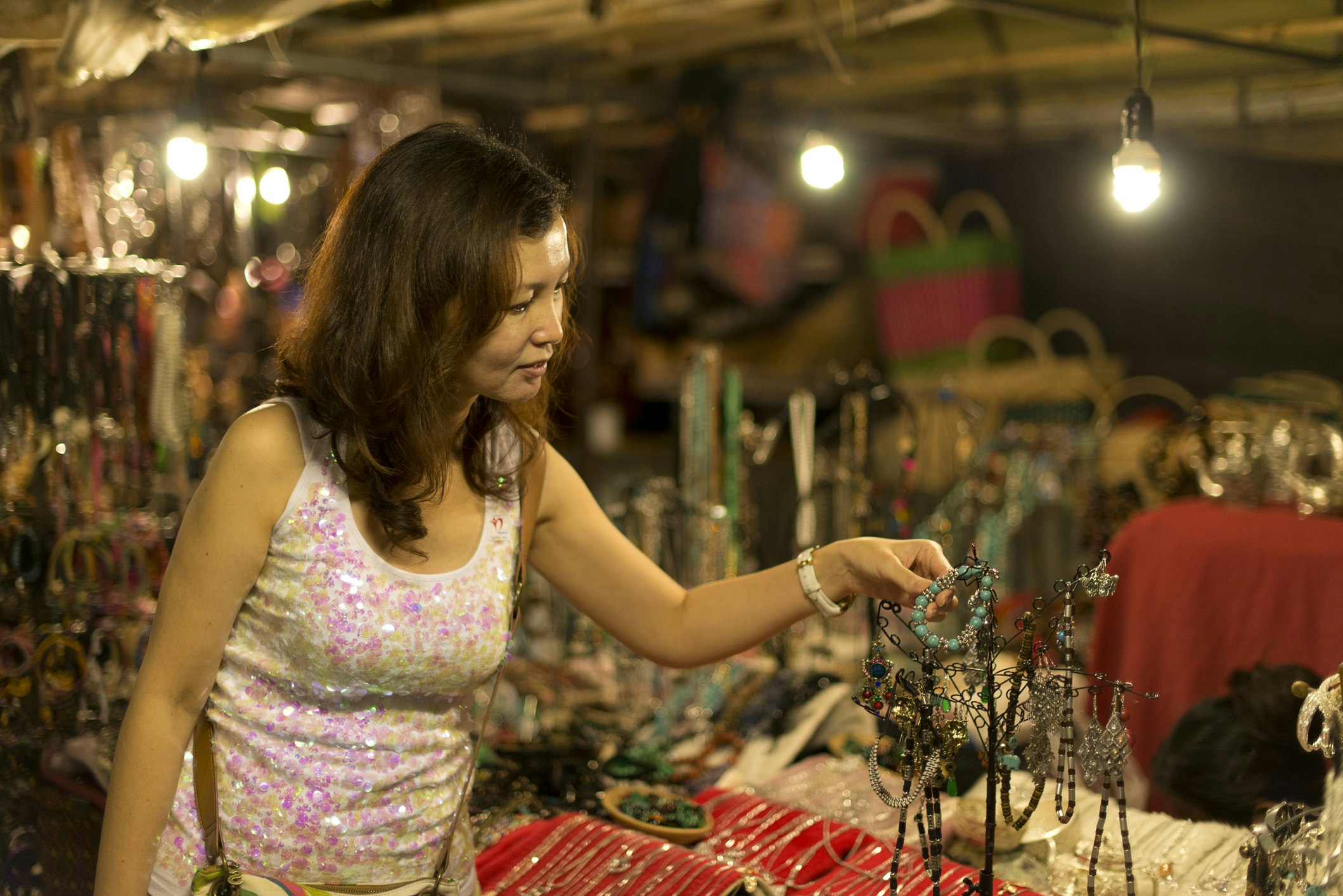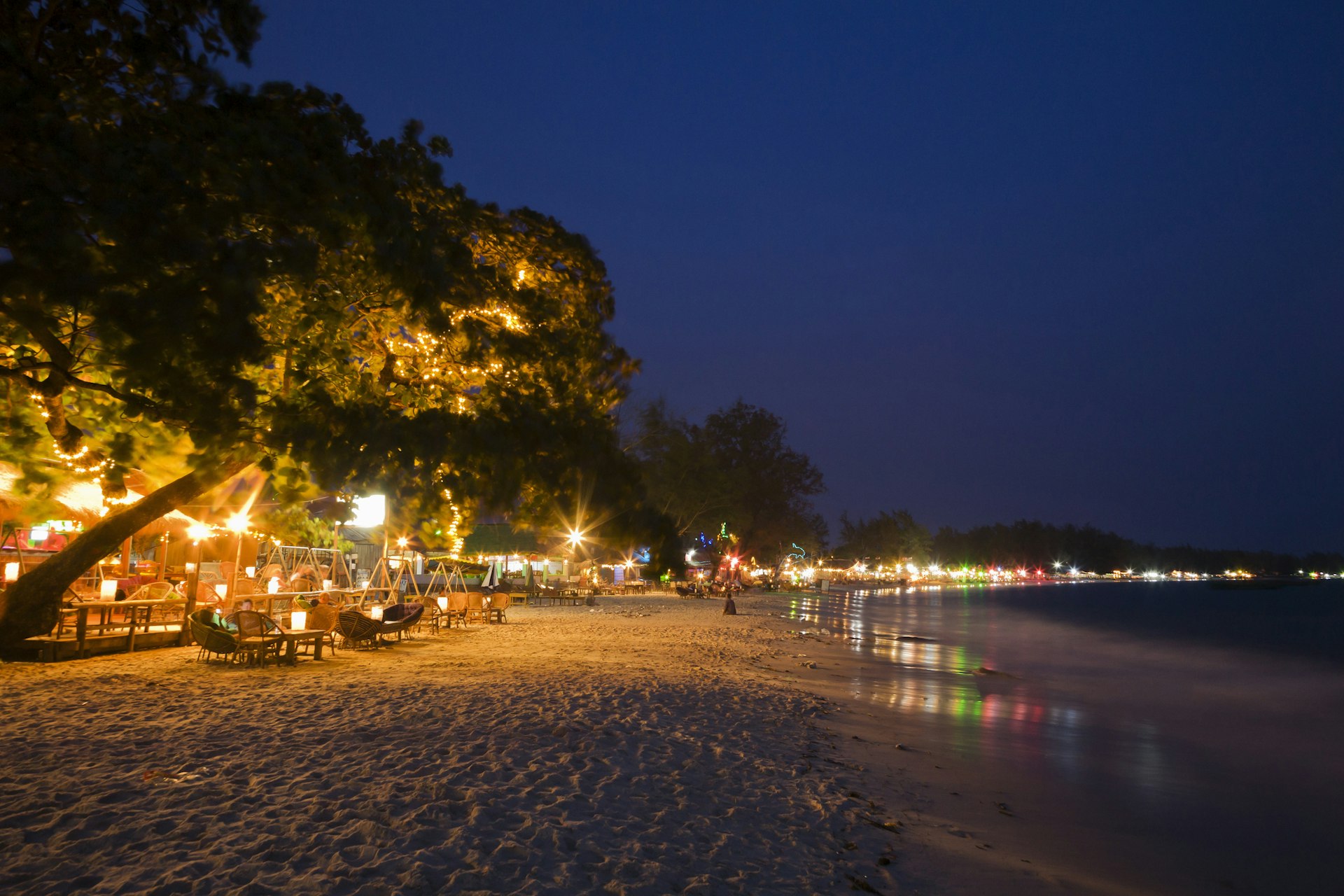Some tips on travelling to Cambodia
Anyone who has visited Cambodia attracted by the ancient beauty, the superb view of this place. Before travelling this beauty country, you should take these basis knowledge below to be ready for the trip.
Currency
Cambodian Riel (KHR) is official currency in Cambodia. However, USD is the most popular currency for tourists to this country, you don't need to change local currency. You should prepare changes (US $1 is better) to be easier for spending.
Get yourself a krama as soon as you arrive
Purchase a krama, a traditional Cambodian checked scarf, as soon as you arrive – it's a multipurpose travel towel that the locals use in a multitude of ways. The primary use is protection from the sun, dust, and wind, but you can also use it as a quick cover-up sarong-style, to towel yourself down after a dip in the pool, and as a makeshift pillow. Essentially the list is as long as your imagination and it takes up virtually no space in your backpack compared to the multiple equivalent products it dupes.
Pack lightweight gear and casual clothes for Cambodia
Lightweight and loose-fitting clothes are the best plan in Cambodia, including cottons and linens to combat the humidity. Cambodia is not a particularly dressy place unless you're spending time at high-end bars and clubs in Phnom Penh or Siem Reap, so smart clothes are rarely a necessity. If heading to the upland northeast in November to March, pack a warm top for the cool nights.
Transportation
Coach, bus is the good choice for going around big cities in case you don't have any private transport. Local city transport is quite cheap, it just cost a few dollars. Tuk-tuks can be found on every corner in big cities, you should negotiate a price in advance (no more than US $5) to avoid expensiveness. Renting a driver for the day will set you back between US $15 - 20, you can ask the hotel for finding you one. Only with US $18, tourists can get a bus to anywhere in the country, for instance, the bus from Siem Reap to Thailand is only US $13, catching bus or mini-bus for the journey Siem Reap to Phnom Penh dily for US $10 each person.

Tuk-tuks, a popular transport in Cambodia
Food
Street food is very cheap in Cambodia. Local street vendors will cost you about US $1-2 per meal, and basic restaurant meals will cost between US $3-5. Western meals at nice restaurants go between US $5-15 per person. There are hundred of specialities you must try during the trip to Cambodia such as Bai sach chrouk (pork and rice), fried fish, red carry, Lap Khmer (beef salad), Nom banh chok (Cambodian rice noodle soup), Kdam chaa (fried crab), Ang dtray meuk (fried squids), Cha houy teuk (jelly and gruel sweet), beef stir-fried with ant, etc. Besides, Cambodian cuisine is also known for special dishes from insects like: spider, cricket, scorpion, ... but not all people want to try this kind of food.
There is some important etiquette to keep in mind Cambodian people are very gracious hosts, but there are some important spiritual and social conventions to observe.
Always be respectful at a Buddhist site
When visiting temples, cover up to the knees and elbows, and remove shoes and any head covering when entering temple buildings. Sit with your feet tucked behind you to avoid pointing them at Buddha images. It's also good to leave a small donation. Women should never touch a monk or his offering bowl – the Buddhist faith believes it is contrary to a monk's sacred vows to be in close proximity to a woman that isn't a relative.
Use the local greeting when meeting new people
Called the sompiah, the local greeting in Cambodia involves putting your hands together in a prayer-like manner. Use this when introduced to new Khmer friends. When beckoning someone over, always wave towards yourself with the palm down.

Bargaining is expected in markets and for transportation
It's important to haggle in markets in Cambodia, otherwise, the stallholder may "shave your head" (local vernacular for "rip you off"). Negotiation is also the rule when arranging share taxis, pickups, and local transportation like tuk tuks if ordering in person and not via a ride-hailing app. The Khmers are not ruthless hagglers, so a persuasive smile and a little friendly quibbling are usually enough to get a price that's acceptable to both you and the seller.

It's important to dress modestly
Avoid wearing swimsuits or scant clothing around towns in Cambodia, even in beach destinations. Wear a sarong or krama to cover up.
Tipping is appreciated
Tipping is not essential but is commonplace in establishments catering to tourists such as hotels and restaurants, and it is standard practice to tip tour guides and drivers on organized tours.
Local health care in Cambodia is basic
Do not visit Cambodia without medical insurance. Hospitals are very basic in the provinces and anyone who has a serious injury or illness while in Cambodia may require emergency evacuation to Bangkok. If you fall seriously ill in Cambodia you should head to Phnom Penh or Siem Reap, as these are the only places in the country with decent emergency treatment.
Pharmacies in the larger towns are remarkably well stocked and you don’t need a prescription to get your hands on anything from antibiotics to antimalarials.
When it comes to tap water, play it safe and avoid it where possible. Bottled water is widely available in Cambodia and many hotels and guesthouses have refill tanks. Ice is generally fine to use, as it is produced in bottled water factories around the country, a legacy of the French colonial period.
Elephant rides are not recommended
Though not yet illegal in Cambodia, elephant rides have been repeatedly called out by animal welfare groups as cruel and painful for the animal – some private companies are finally rethinking the practice. Do your research to ensure any animal sanctuary you'd like to visit is ethical and prioritizes the welfare of the inhabitants.
Stay safe in Cambodia with these top tips
The most common crime is bag or mobile-phone snatching, usually perpetrated by thieves on motorcycles. Smartphones are a particular target, so avoid using your phone on the side of the street, especially at night. Walking or riding alone late at night is not ideal, as there have been several incidents of solo women travelers being assaulted in isolated areas, usually after dark.
Most scams are fairly harmless, involving a bit of commission here and there for local drivers. There have been one or two reports of police set-ups in Phnom Penh, involving planted drugs, but these seem very rare and usually involve business owners. Beware the Filipino blackjack scam – don't get involved in any gambling with seemingly friendly folks unless you want to part with plenty of cash.
There is quite a lot of fake medication floating about the region, so only buy prescription drugs from reliable pharmacies or clinics. Be very careful if being offered chemical drugs on the street in Cambodia, as not only are they illegal but may be laced with all sorts of dangerous toxic substances.
Due to the presence of landmines and unexploded ordnance (UXO) in some rural areas, it is essential to stick to marked paths. Keep a close eye on small children in rural areas to make sure they don't stray and do not go off road if you're cycling.
Roads have improved massively in recent years, but conditions can vary widely from the dry to the wet season. Although motorcycles are a popular way to get around in Cambodia, do not attempt it if you're not an experienced driver. The tangled traffic in the big towns and cities is no place for a novice.

Run through this pre-departure checklist before you go
- Make sure your passport is valid for at least six months or you won't be allowed into Cambodia
- Arrange any recommended inoculations at a travel-health clinic
- Purchase travel insurance with decent health coverage
- Double-check to see if you need to arrange a visa before arrival


